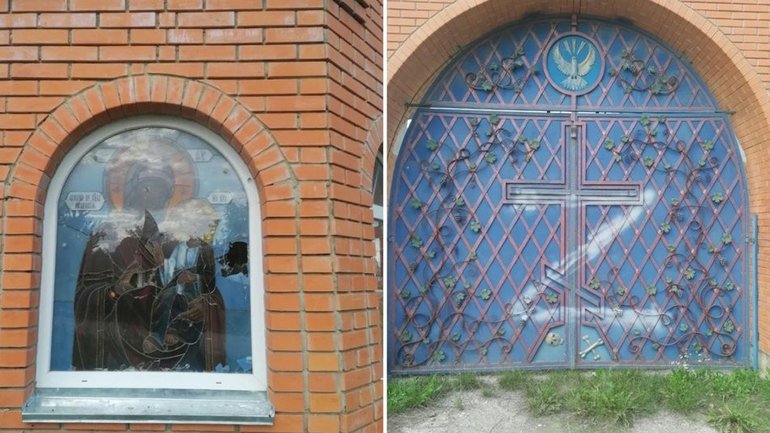The diversity of the Ukrainian religious landscape scares Russia, - religious scholar

He stated this in a comment for Espresso.
"Russia, which is an empire, is afraid of the variety and diversity of the Ukrainian religious landscape. On the other hand, Russians are amazed that our believers are active citizens and part of the subject civil space. The invaders conducted an experiment for 8 years in the occupied territories of the Luhansk and Donetsk regions, in the Crimea, and now they have extended it to the newly occupied territories, and the task was to destroy religious diversity in Ukraine because Russia is afraid of any freedom, including religious freedom," the religious scholar explained.
Igor Kozlovsky noted that Ukraine is now fighting for many values, of which he distinguishes three - freedom, dignity, and identity.
"For Russia, the main thing is to create uniformity in the occupied territories, that is, to destroy any conscious resistance of representatives of various religious communities. And the Russians saw this in the example of the heroic Mariupol, when representatives of various religious organizations demonstrated courage, taking out our citizens and helping the military. Therefore, the invaders, as soon as they entered our lands, immediately began to destroy manifestations of another religiosity, with the exception of representatives of the Moscow Patriarchate. They did this by different methods because someone actively went to collaborated and became a conscious collaborator and assistant to the occupation authorities, and, of course, now remaining in the liberated territories, they continue their destructive activities. And there were also those who refused, then preventive conversations were held with them. As a result, some were broken in, and others managed to leave the occupied territories," Kozlovsky commented.









